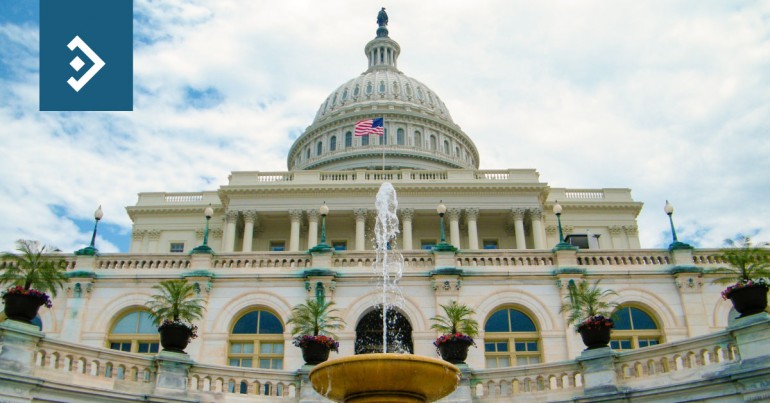
Dollar suffers Healthcare Fever
Morning mid-market rates – The majors
March 27th: Highlights
- Trump suffers humiliating defeat
- Dollar break key resistances
- Brexit trigger this week
Healthcare Bill Withdrawn
While this is not a major economic event, traders fear for future legislation, that is directly concerned with growth and expansion.
The withdrawal of the bill was too late on Friday evening to have any effect on the dollar. However, it opened lower this morning in Asia. The pound and Euro both opened above significant resistances at 1.2500 and 1.0800. Highs seen this morning of 1.0850 and 1.2535 will need to be conclusively surpassed for a new bout of dollar weakness to continue.
A less serious commentator than me may mention a feeling that “Trumpcare” is an oxymoron but not me!
Considering your next transfer? Log in to compare live quotes today.
Big week for Sterling
Last week’s data was universally supportive of the currency. Despite this three members of the MPC made comments that should have dampened enthusiasm for a rate hike. Inflation broke through the Government’s 2% target rising to 2.3% in February. Governor Carney warned markets not to place too much significance on one month’s data and his colleagues Ben Broadbent and Gertjan Vlieghe both said they could imagine a scenario where inflation was appreciably higher (above 3% in Vlieghe’s case) without the necessity of a rate hike to cool the economy.
In contrast to Germany, the U.K. doesn’t need a rate hike to cool an overheating economy. The MPC sees the fall in sterling as a temporary phenomenon driving inflation higher which will correct itself and with so much uncertainty over Brexit, the economy remains fragile.
The consumer continues to back the U.K. economy with a strong number for retail sales last week calming fears that inflation would deter consumers from buying big ticket items.
“The Europe we need”
The report entitled “The Europe we Need” called upon France and Germany the two largest remaining economies to “inject new momentum into the single currency project or risk its failure”
The fact they still call it a “project” after eighteen years says a lot about its longevity.
There are fears, particularly that the financial burden alone could trigger another defection from the group. It is hard to imagine how this could be achieved without a further “Federalization” one of the main factors driving the desire for Brexit!
The French election is now getting close with the first ballot in less than a month’s time. The runoff, expected to be between centrist reformer and ex-banker, Emmanuel Macron and right wing anti just about everything candidate, Marine le Pen will take place on May 7th.
“We are in a geopolitical environment that is extremely dangerous for Europeans,” Ramon Fernandez, finance and strategy chief at French mobile phone group Orange and head of the working group that produced the report, told Reuters.
2017 was always going to be a difficult year with elections in Holland, France and Germany with the possibility of Italy being forced into an election it doesn’t want politically.
It is ample liquidity that has dampened volatility with so many events causing U-turns in sentiment.
“Risk-off” prompts Yen buying
The Australian and New Zealand dollars both rose against a weaker dollar. Both were lower versus the JPY a clear indicator of the risk averse sentiment pervading markets.
This week’s events of note
Monday
- Germany: IFO Report on business confidence – Fears about an overheating economy will affect sentiment.
- U.S.: Consumer Confidence – The consumer continues to spend. A slightly lower read than February is likely following rate hike.
Tuesday
- Canada: BoC Governor speech – Likely to touch on concerns about U.S. Protectionism.
- U.S.: Trade Balance – Has been fairly constant around a $70bn deficit. Any marked increased could attract the President to say, again, about currency manipulation.
- U.S.: FOMC Member Speeches – Two voting members of the FOMC, George and Kaplan to speak on economy. They will support the current Fed policy and say that it is the data that dictates rate hikes.
Wednesday
- U.K.: Article 50 Trigger – The pound will gyrate as the opening salvos of the negotiation are fired.
Thursday
- E.U.: Sentiment indexes – some concern about the accuracy of Eurozone wide reports as the numbers often don’t tally will activity “on the ground”.
- U.S.: GDP Q4 – A slight increase from 1.9% to 2.1% likely. This will confirm FED actions.
Friday
- Australia: Business confidence reports – Likely to show confidence improving following rate cut. RBA Governor has indicated economy starting to grow near “trend”. This should now be following through into business.
- U.K.: House Price Data – Further indication of economic activity. Growth likely fell slightly to around 4%.
Have a great day!

About Alan Hill
Alan has been involved in the FX market for more than 25 years and brings a wealth of experience to his content. His knowledge has been gained while trading through some of the most volatile periods of recent history. His commentary relies on an understanding of past events and how they will affect future market performance.”



